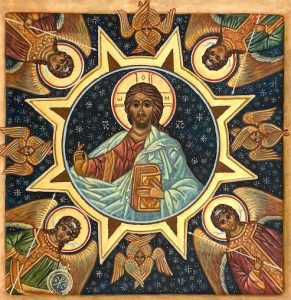 Meditation by Very Rev. David Petras Colossians 1:12-18
Meditation by Very Rev. David Petras Colossians 1:12-18
The epistle this Sunday tells us who Jesus truly is. He is the very center of our being. “He is the image of the invisible God, the firstborn of all creation. For in him were created all things in heaven and on earth, …. He is before all things, and in him all things hold together. He is the head of the body, the church. He is the beginning, the firstborn from the dead.” St. John tells us the same thing, “All things came to be through him, and without him nothing came to be. What came to be through him was life, and this life was the light of the human race. (John 1:3-4)” We have the saying, “Put Christ back into Christmas,” but we must take this a step further, “We must put Christ into everything that we are, and in all creation.” Our whole lives must be oriented to Christ, “God greatly exalted him and bestowed on him the name that is above every name, that at the name of Jesus every knee should bend, of those in heaven and on earth and under the earth, and every tongue confess that Jesus Christ is Lord, to the glory of God the Father. (Philippians 2:9-11)” This worship is not complete until we imitate the Lord in his love for all who have come to be in his loving-kindness.
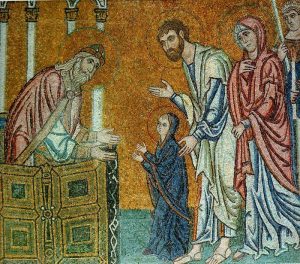 “The most pure Temple of the Savior; / the precious Chamber and Virgin; / the sacred Treasure of the glory of God, / is led today into the house of the Lord. / She brings with her the grace of the Spirit, / therefore, the angels of God praise her: / ‘Truly this woman is the abode of heaven.’” (Kontakion-Hymn of the Entry of the Theotokos into the Temple)
“The most pure Temple of the Savior; / the precious Chamber and Virgin; / the sacred Treasure of the glory of God, / is led today into the house of the Lord. / She brings with her the grace of the Spirit, / therefore, the angels of God praise her: / ‘Truly this woman is the abode of heaven.’” (Kontakion-Hymn of the Entry of the Theotokos into the Temple)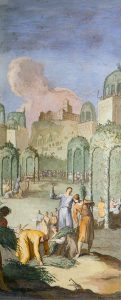 Meditation by Very Rev. Dr. David Petras
Meditation by Very Rev. Dr. David Petras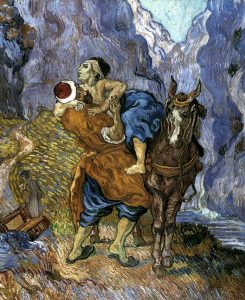 Meditation by the Very Rev. Dr. David M. Petras
Meditation by the Very Rev. Dr. David M. Petras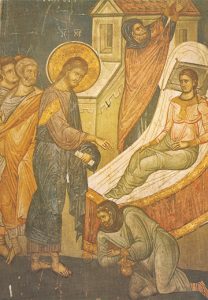 Meditation by the Very Rev. Dr. David M. Petras
Meditation by the Very Rev. Dr. David M. Petras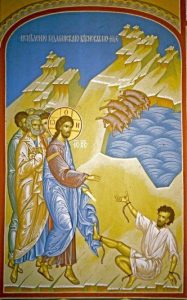 Meditation by the Very Rev. Dr. David M. Petras
Meditation by the Very Rev. Dr. David M. Petras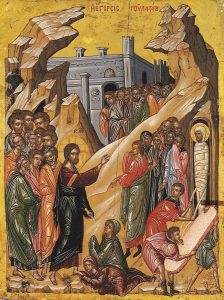 Meditation by the Very Rev. Dr. David M. Petras
Meditation by the Very Rev. Dr. David M. Petras Meditation by the Very Rev. Dr. David M. Petras
Meditation by the Very Rev. Dr. David M. Petras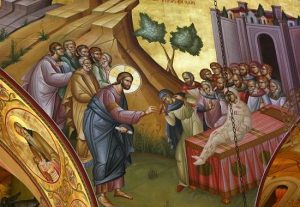 Meditation by the Very Rev. Dr. David M. Petras
Meditation by the Very Rev. Dr. David M. Petras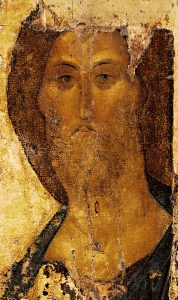 Meditation by the Very Rev. Dr. David M. Petras
Meditation by the Very Rev. Dr. David M. Petras